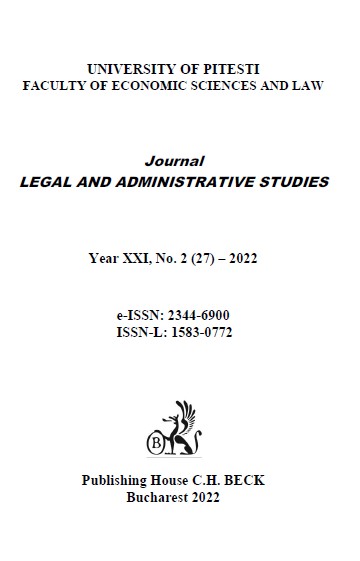UNENFORCEABILITY - THE PAULIAN ACTION'S ADMISSION EFFECT
UNENFORCEABILITY - THE PAULIAN ACTION'S ADMISSION EFFECT
Author(s): Nicolae FALĂ, Mihail PoalelungiSubject(s): Civil Law, Comparative Law
Published by: C.H. Beck Publishing House - Romania
Keywords: paulian action; creditor; debtor; fraud; unencorceability; inefficiency;
Summary/Abstract: The Paulian unenforeability is instituted as a sanction for the debtor's fraud. The Paulian unenforceability represents a remedy at the hand of the unsecured creditor against the acts signed by the debtor to his detriment. The unenforceability is intented to facilitate the access of the pursuing creditors to the benefit recieved by the third contracting party or beneficiary from the defaulting debtor. The object of unenforceability is always and in priciple a valid legal act. The unenforceability operates only in relation to the Paulian creditors, who avoid through this way, the competition of other creditors. The unenforceability thwarts the legal effects of the fraudulent act only in relation with the paulian creditors and only to the extent of the damage, manifested by preventing the full satisfaction of the creditor's rights toward the debtor. The elucidation of the legal nature of the paulian unenforceability, implies the analysis of the theories of the relative ineffectiveness of the fraudulent legal act. Pauline unenforceability is the technical mechanism by which the legislator, determining a priori the formula of bad-faith behaviour, deprives the bad-faith third party of the obtained advantage, to the detriment of the creditor, from signing the legal act with the debtor.
Journal: Studii Juridice şi Administrative
- Issue Year: 27/2022
- Issue No: 2
- Page Range: 171-197
- Page Count: 27
- Language: English

